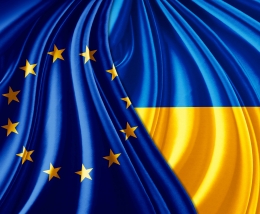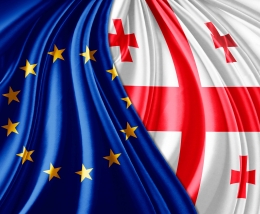European Economic
and Social Committee
Vecinos del Este
Las actividades del CESE en relación con los países de la vecindad oriental incluyen a Armenia, Azerbaiyán, Bielorrusia, Georgia, Moldavia y Ucrania. El principal objetivo del CESE con respecto a los «Vecinos del Este de Europa» tiene por objeto mejorar las relaciones con las organizaciones de la sociedad civil en la región y hacer que participen en un diálogo con sus responsables políticos nacionales y con la sociedad civil organizada de la UE.
Los principales mecanismos de cooperación con Georgia, Moldavia y Ucrania son las plataformas de la sociedad civil, que complementan los órganos políticos que existen en el marco de los Acuerdos de Asociación de la UE con estos países. Las plataformas permiten a las organizaciones de la sociedad civil tanto de la UE como de los países socios en cuestión supervisar el proceso de aplicación y preparar sus recomendaciones destinadas a las autoridades pertinentes.
Por parte de la UE, estas plataformas están integradas por miembros del CESE, así como representantes de grandes redes europeas de la sociedad civil. Por parte de los países socios, representan a un amplio espectro de organizaciones de la sociedad civil. La composición de las plataformas se basa en una representación equilibrada de todos los grupos de interés (organizaciones de empresarios, sindicatos y grupos de actividades diversas).
El Comité de Seguimiento para los Vecinos del Este de Europafue creado en 2004 como un órgano específico encargado de las relaciones con la sociedad civil de los países de la vecindad oriental. El Comité de Seguimiento se suele reunir cuatro veces al año y sus miembros participan activamente en las actividades relacionadas con la Asociación Oriental, tales como las plataformas multilaterales de la Asociación Oriental y el Foro de la Sociedad Civil de la Asociación Oriental.









